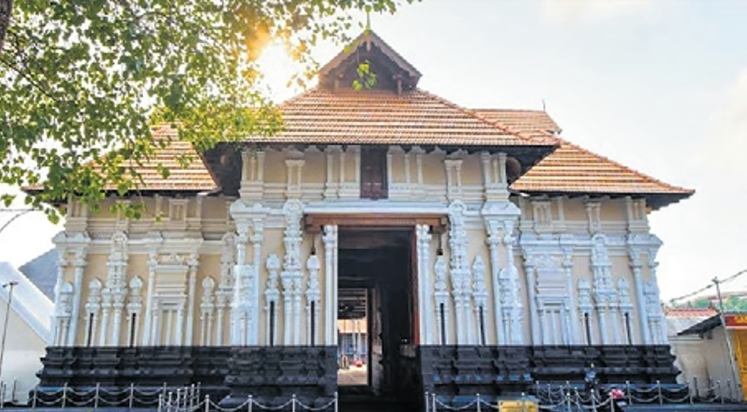In a recent landmark ruling, the Kerala High Court has upheld the traditional rights of the Ammanoor family to perform sacred temple rituals at the Koodalmanikyam temple’s koothambalam in Irinjalakuda, Thrissur. This decision overturns a contentious move by the Koodalmanikyam Devaswom managing committee to allow non-family Hindu artists to perform koothu and koodiyattam ceremonies.
Preserving Heritage and Tradition
The court emphasized the religious and ritual significance of koothu and koodiyattam, categorizing them as integral parts of temple ceremonies. According to the verdict, any alteration to these customs requires the consent of the temple’s tantri, or chief priest, underscoring the authority vested in religious practices.
Legal Implications and Decision
A division bench comprising Justices Anil K Narendran and P G Ajithkumar rendered the verdict following a petition by Ammanoor Parameswaran Chakyar and others challenging the managing committee’s decision. The court invoked provisions of the Koodalmanikyam Act, 2005, which mandates the committee to respect the decisions of the tantri regarding temple rituals.
Committee’s Perspective and Court’s Observations
The managing committee argued that limited performances by the Ammanoor family left the koothambalam underutilized, affecting its maintenance. Despite these claims, the court stressed that no compromise could be made on the sanctity of religious practices during temple events.
Broader Legal Developments
In addition to this ruling, the Kerala High Court issued directives on various other legal matters, including police surveillance on a college campus, investigations into microfinance schemes, and the handling of a financial scam involving a cooperative bank. These decisions reflect the court’s proactive stance on governance and legal compliance across different sectors.
Conclusion
The Kerala High Court’s decision to uphold the Ammanoor family’s traditional rights at the Koodalmanikyam temple reaffirms the importance of preserving cultural heritage and religious practices. It sets a precedent for respecting established customs while navigating modern challenges in temple administration.
Stay informed about more legal updates and cultural developments impacting Kerala by following our blog for further insights and analysis.

